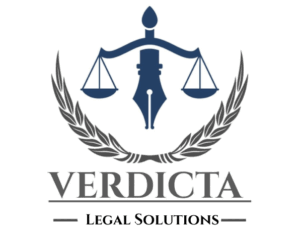Introduction
Effective document management is crucial in litigation, as it enables legal teams to efficiently organize, review, and analyze large volumes of documents. In this blog, we’ll explore the importance of document management in litigation and provide tips on how to implement a successful document management strategy.
The Challenges of Document Management in Litigation
Litigation involves dealing with vast amounts of documents, including emails, contracts, and witness statements. Managing these documents can be overwhelming, especially when dealing with large, complex cases. Poor document management can lead to wasted time, increased costs, and even lost cases.
Benefits of Effective Document Management
Effective document management can help legal teams:
- Reduce document review time by up to 80%
- Increase productivity by up to 50%
- Improve collaboration among team members
- Enhance document security and compliance
Best Practices for Document Management in Litigation
To implement a successful document management strategy, consider the following best practices:
- Use a centralized document management system
- Implement a consistent naming and filing convention
- Use advanced search and filtering capabilities
- Ensure document security and compliance
Conclusion
Effective document management is essential in litigation, enabling legal teams to efficiently manage large volumes of documents. By implementing a successful document management strategy, legal teams can reduce document review time, increase productivity, and improve collaboration.

